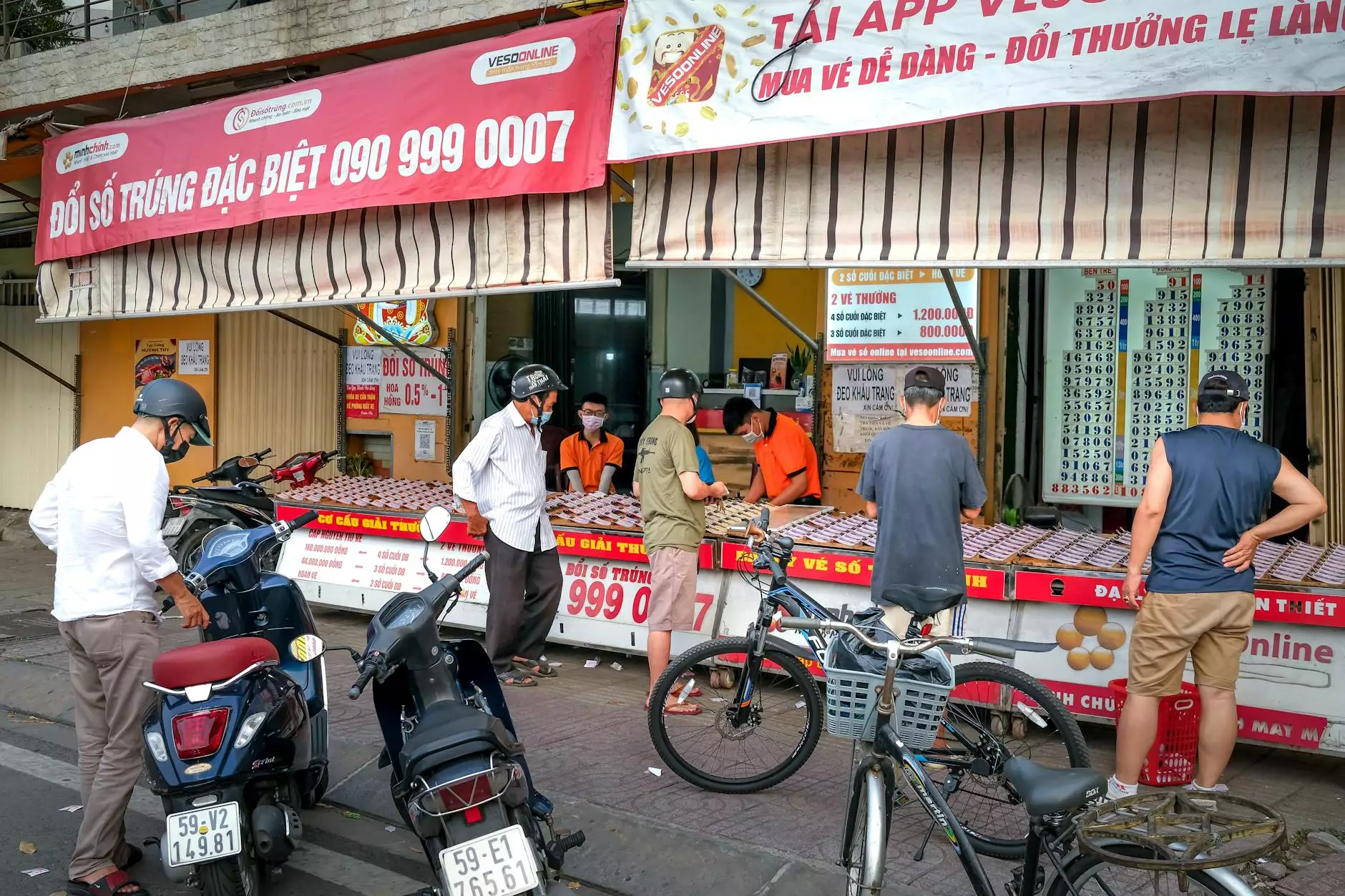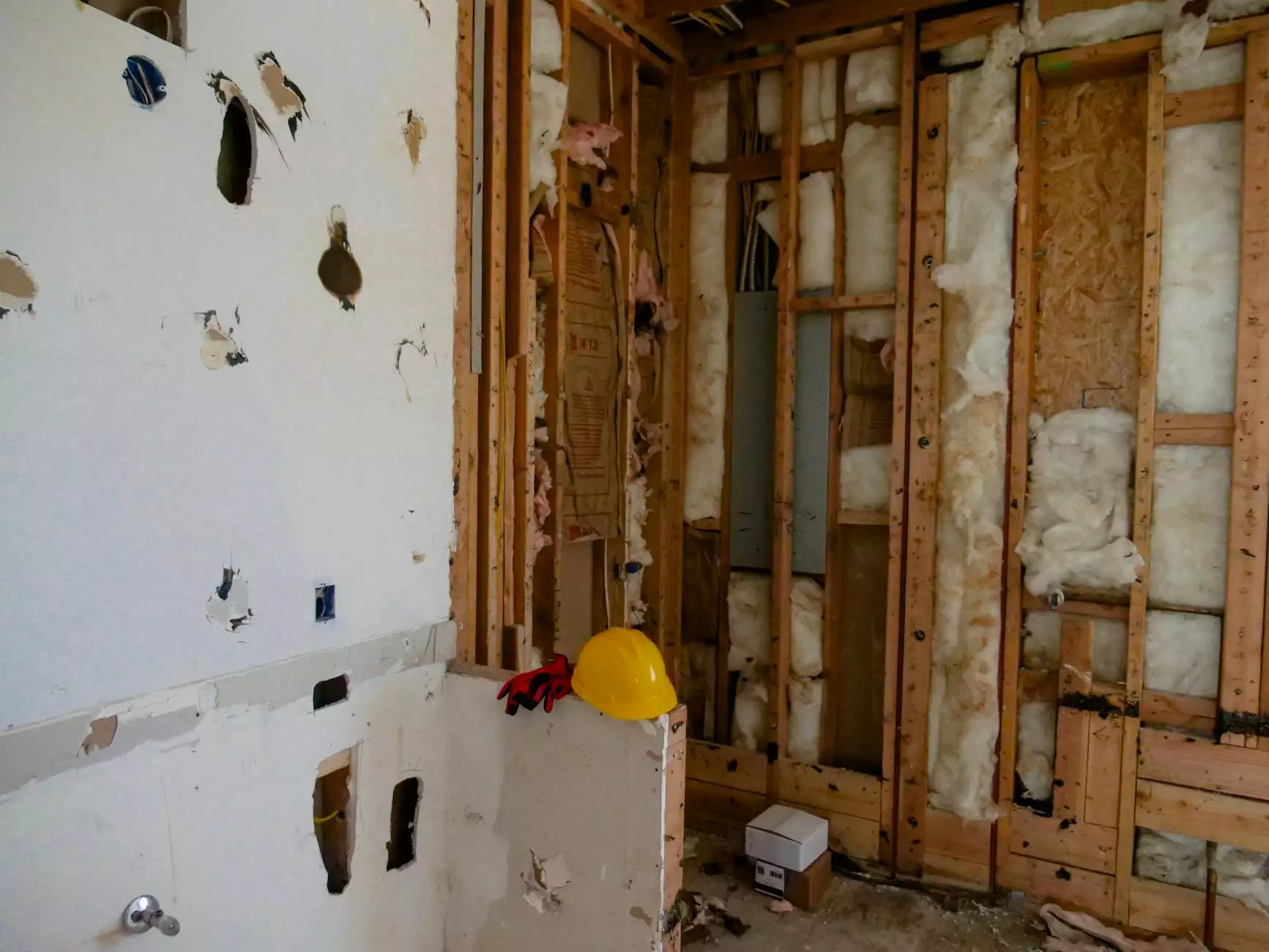Understanding Endovenous Radiofrequency Ablation

Endovenous radiofrequency ablation, commonly known as EVRA, is a revolutionary procedure transforming the treatment of varicose veins. This minimally invasive technique offers patients a safe and effective solution for vein-related conditions, significantly improving their quality of life.
The Importance of Vascular Health
The vascular system plays a vital role in overall health, delivering essential nutrients and oxygen to tissues while removing waste products. However, issues such as varicose veins can impede this system. It’s crucial to address any vascular concerns promptly.
What Are Varicose Veins?
Varicose veins are swollen, twisted veins that often appear blue or dark purple. They typically develop in the legs and feet due to weakened valves that cause blood to pool in the veins. This can lead to discomfort, swelling, and more serious health problems if not treated.
What is Endovenous Radiofrequency Ablation?
Endovenous radiofrequency ablation is a minimally invasive technique used to treat *varicose veins* effectively. The procedure uses radiofrequency energy delivered through a small catheter to seal off problematic veins. This approach reduces the need for more invasive surgical procedures and minimizes recovery time.
How Does the Procedure Work?
- Consultation: The process begins with a thorough consultation. A vein specialist will evaluate your condition, perform an ultrasound to map vein structures, and discuss treatment options.
- Preparation: On the day of the procedure, you will be asked to wear comfortable clothing. Anesthesia may be applied to ensure your comfort.
- Catheter Insertion: A small catheter is inserted into the targeted vein through a tiny incision.
- Radiofrequency Energy Application: Radiofrequency energy is emitted through the catheter, causing the vein walls to heat up and collapse, effectively sealing off the vein.
- Closure: After the procedure, the catheter is removed, and a compression bandage is applied to promote proper healing.
Benefits of Endovenous Radiofrequency Ablation
Choosing endovenous radiofrequency ablation brings several advantages:
- Minimally Invasive: The procedure involves small incisions, significantly reducing recovery time and minimizing discomfort.
- Quick Recovery: Many patients resume normal activities within a few days, making it a convenient option for those with busy lifestyles.
- Effective Results: Studies have shown a high success rate in eliminating varicose veins and reducing associated symptoms.
- Less Pain: Compared to traditional surgical methods, patients report less post-procedure pain and fewer complications.
Who is a Suitable Candidate for EVRA?
Generally, the best candidates for endovenous radiofrequency ablation include:
- Individuals experiencing discomfort or pain due to varicose veins.
- Patients who have not found relief through conservative treatments.
- Those seeking a non-surgical option for vein treatment.
However, only a qualified healthcare provider can determine eligibility after a comprehensive evaluation.
What to Expect After the Procedure?
After undergoing endovenous radiofrequency ablation, patients generally experience:
- Mild Discomfort: Light soreness or bruising may occur at the treatment site, which usually subsides within days.
- Compression Garments: Patients are often advised to wear compression stockings for a designated period to support healing.
- Follow-Up Visits: Regular follow-up appointments are essential to monitor the affected areas and ensure optimal results.
Long-Term Results and Maintenance
Success rates for endovenous radiofrequency ablation are impressively high. Most patients achieve significant relief from symptoms, with many veins remaining closed long-term. However, it's essential to maintain a healthy lifestyle, including:
- Regular exercise to promote circulation.
- A balanced diet rich in vitamins and nutrients.
- Staying hydrated to maintain optimal vein health.
FAQs About Endovenous Radiofrequency Ablation
Is the procedure painful?
Most patients report minimal discomfort, especially when local anesthesia is used. The procedure is designed to be as painless as possible.
How long does the procedure take?
Endovenous radiofrequency ablation typically lasts between 30 to 60 minutes, depending on the number of veins treated.
Will I be able to drive home afterward?
Patients are usually able to drive themselves home unless they’ve received sedation. Check with your doctor for specific instructions.
Why Choose Truffles Vein Specialists?
When considering endovenous radiofrequency ablation, it is crucial to choose the right provider. At Truffles Vein Specialists, we pride ourselves on offering state-of-the-art care:
- Experienced Professionals: Our team consists of highly trained specialists with extensive experience in vascular medicine.
- Cutting-Edge Technology: We utilize the latest innovations for enhanced results and patient comfort.
- Personalized Care: We understand that every patient is unique, which is why we tailor our treatments to meet individual needs.
Your Journey Towards Healthier Veins Starts Today!
Don’t let varicose veins control your life. If you are struggling with uncomfortable symptoms, it’s time to consider endovenous radiofrequency ablation at Truffles Vein Specialists. Our expert team is ready to help you regain control over your vascular health.
Conclusion
Endovenous radiofrequency ablation represents a significant advancement in the treatment of varicose veins. With its numerous benefits, from rapid recovery to lasting results, it is a preferred choice for many individuals seeking relief from vein issues. Don’t hesitate to reach out to Truffles Vein Specialists for a consultation and take a significant step towards healthier vein function and overall well-being.









